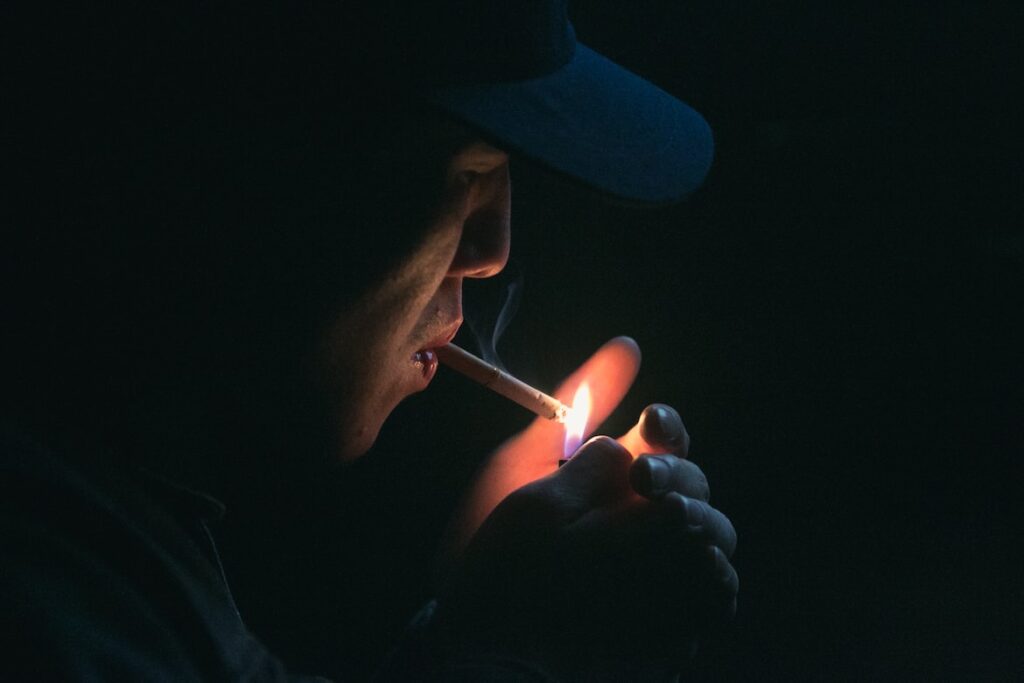
Do you ever feel like you’re stuck in a never-ending cycle of addiction? Trying to break free but sinking deeper into the depths of your cravings and desires? All too often, we find ourselves overwhelmed by our vices – whether it’s drug or alcohol abuse, compulsive gambling, or self-destructive behaviors. But is true freedom from addiction even possible? In this blog post, we’re going to explore the concept of liberation from addictive tendencies and how you can take steps towards being actually free. While challenging and difficult at times, a life without being ruled by addiction is possible – if you have the right resources and support around you.
Understanding the Psychological Effects of Addiction
Addiction has far-reaching psychological effects on the people affected and their families. It can cause feelings of hopelessness, helplessness, isolation, shame, and despair – all of which can lead to further addictive behavior in an effort to avoid these powerful emotions. In addition to the more obvious impacts on a person’s mental health, addiction is often symptomatic of underlying psychological issues such as trauma or stress that have not been addressed or healed properly. Understanding the complexities of addiction gives us a chance to better empathize with those entangled in its spiral and job together toward healthier outlets for relieving stress so as to reduce the high rate of addiction in our country today. The folks at safeharbortreatmentcenter.com note that treatment centers offer the best chance for people to break free from addiction and access counseling, support groups, and other therapies that can help them heal. It is also important to note that addiction should be tackled holistically, which means addressing any co-occurring mental health disorders and underlying problems such as poverty, and lack of access to healthy activities or employment.
Access to treatment should also consider the diverse needs of individuals from different backgrounds and life circumstances. For some, luxury addiction treatment may provide a setting that allows for greater privacy, comfort, and individualized care while they work through recovery. Creating an environment that fosters dignity and respect can make a meaningful difference in the healing process.
Identifying Triggers and Cravings
Identifying triggers and cravings is an important step in the journey to actually being free of an addiction. Knowing what circumstances and behaviors cause cravings, or even just feelings of insecurity and anxiety that often lead people to turn to substance use or other harmful coping mechanisms can help you recognize them in future situations and respond with healthier measures. In recognizing and understanding triggers, you’re engaging in self-awareness and building life skills necessary for recovery. This isn’t always easy, so take time to reflect on what situations may have caused prior cravings, problems that you solve with addictions, memories associated with the addiction, and people connected to it— each factor carries weight when struggling with breaking addiction. Being open-minded during this discovery process while staying honest is key: it’s up to you if you want true freedom from the cycle of addiction.
Reclaiming Your Life After Overcoming an Addiction
Overcoming an addiction is no small feat. Reclaiming your life after doing so can sometimes seem like an even greater challenge. The road to achieving freedom from addiction requires self-discipline and determination, but the rewards of focusing on a healthier version of yourself can be incredibly empowering when you reach them. Knowing you have the strength to break free of addiction, and the courage to commit to treating yourself and your own well-being with respect offers a sense of liberation that can truly transform your life for the better. People who went through gambling addiction treatment have a difficult time rebuilding financial stability and regaining trust in their personal relationships. Ultimately, recovering from an addiction opens up an entire world of newfound possibilities — a chance for discovery, joy, success, and freedom.
Learning to Live Without the Need for Substances or Behaviors
Every single person has the potential to find freedom from addiction and reclaim their life. Learning to live without the need for substances or behaviors that had become part of our daily routine can seem impossible in the thick of it. But with effort and a plan to follow, we can rewire our habits and create new pathways for mental health, stability, and self-worth. Healing is an ongoing practice that involves learning how to accept oneself, establish healthy limits and boundaries, and take care of one’s own needs without relying on the crutch of addiction. This is a powerfully liberating journey that often involves unlearning toxic patterns and reconnecting with our authentic selves.
Addictions can be debilitating and hard to overcome, but it is an achievable goal. With the right support system, practical techniques for recognizing and blocking cravings, and a plan for reclaiming your life after overcoming addiction, you can achieve true freedom. Understanding the psychological roots of addiction can help to provide clarity on why you engage in your behavioral patterns so that you can have more success in breaking them. The key is to be patient with yourself as you reach out for help, adjust your lifestyle to remove triggers, and commit to changes that will ultimately lead you toward living without needing any substance or behavior in order to cope. Staying committed to sobriety means exercising self-control and discipline over time instead of expecting too much at once—so remember to give yourself some grace along the way!












